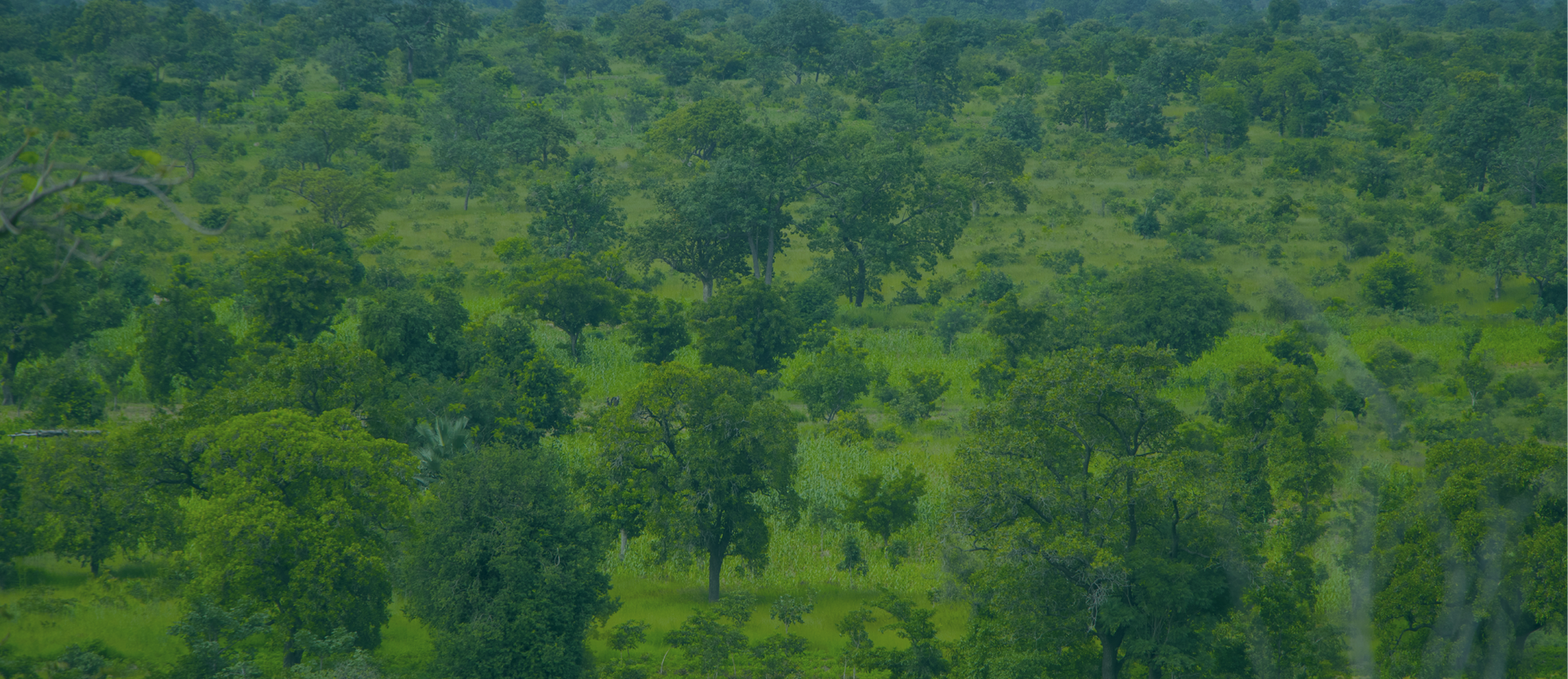
How is Tree Aid Helping Women's Rights in African Drylands?
04th May 2023In Africa’s drylands, people are facing some of the hottest conditions on earth. The climate emergency means temperatures in this area are rising at twice the global average. With this comes less rain and an ever-spreading desert landscape. And at the sharp end of both gender inequality and climate change, its women who feel this impact the most.
To mark this year’s UNCCD Desertification and Drought Day’s theme ‘Her Land. Her Rights,’ we’re shining a light on Tree Aid’s work supporting women on the frontlines of global heating. Through advocating for land access, our projects help to put gender equality at the heart of restoration efforts.
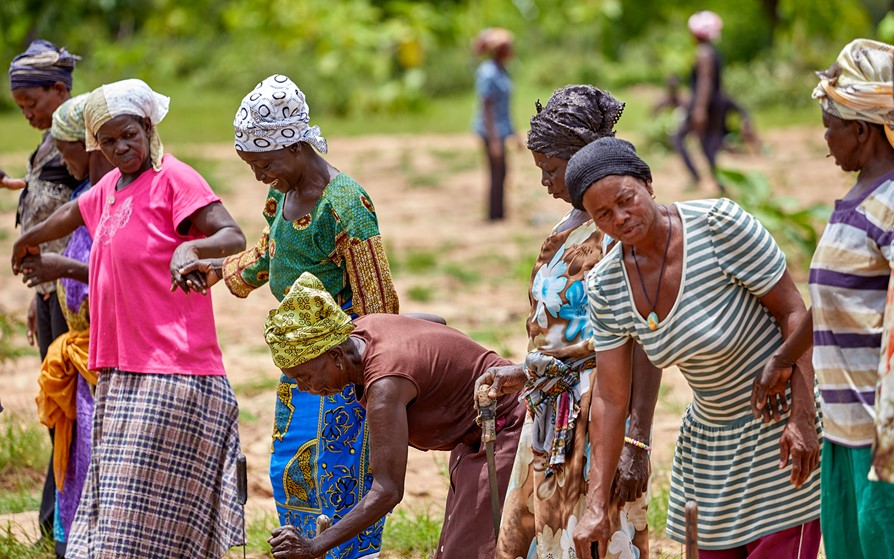
Women's rights and access to land
In many areas across the Sahel, gender inequality is embodied in laws and traditions that prevent women’s access to land. As most women in rural regions earn a living through agriculture, this barrier has a huge impact on their ability to grow or sell enough food to survive.
At Tree Aid, we know that growing trees can provide a solution. How? Because trees can offer food security, a way to make an income and more fertile land for farming. But access to space is key.
That’s why we work with governments, authorities, and communities to advocate for women’s rights to manage land. Through projects such as our Forest Governance initiatives in Burkina Faso, we work holistically with women and communities to provide key skills that help them to tackle poverty and earn a living through selling and harvesting tree products.
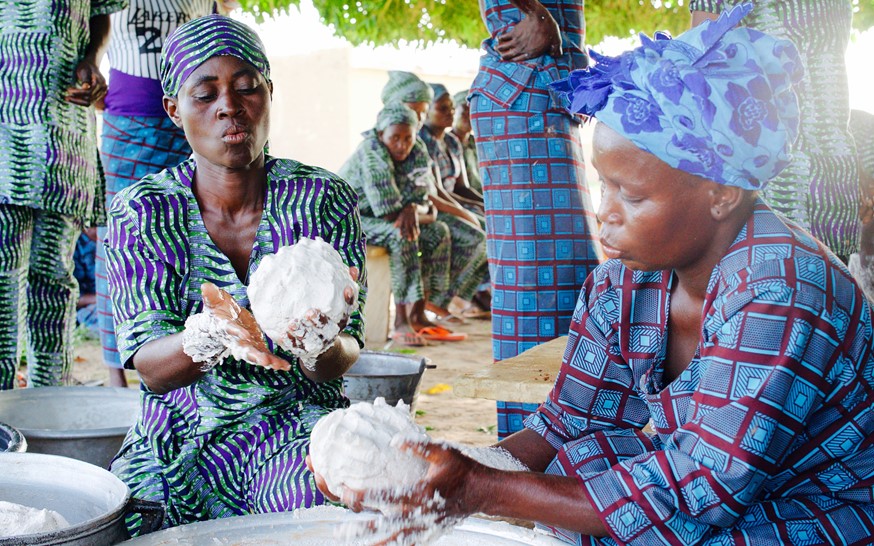
To do this, our projects focus on advocating for land rights, and training women in key skills like natural resource management, agroforestry, enterprise development, and growing cooperatives.
Elizabeth's story
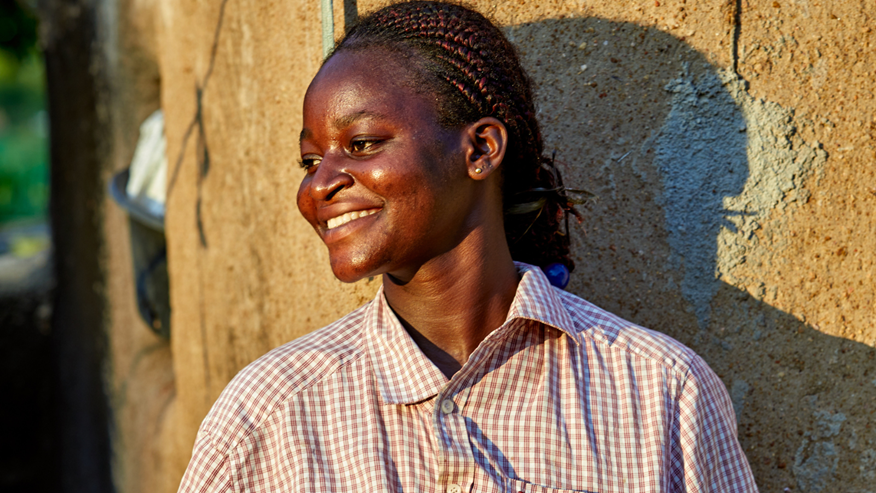
Elizabeth is a rural farmer from Ghana. She was 21 when she become a Tree Aid project participant. Expecting her first child at the time, she spoke to us about the effect climate change was having upon her and her community.
"The land had lost its fertility and, because of this, any time we planted we were unable to get enough yield from our farms."
Through joining Tree Aid’s Grow Hope project, Elizabeth learned how to use Assisted Natural Regeneration skills (ANR) tehcniques, which involves grafting and protecting tree saplings, which helps to make sure trees survive to maturity. With this comes higher incomes through tree products. Being a part of the project has also helped Elizabeth start saving money for the future.
"It has reduced my poverty because I am part of the Village Saving and Loans Association. I take loans from the group to support my farming activities.
And I have gained knowledge - training on the importance of trees, why we should practice assisted natural regeneration and why we should plant trees."
Women's land rights and Tree Aid's Great Green Goal
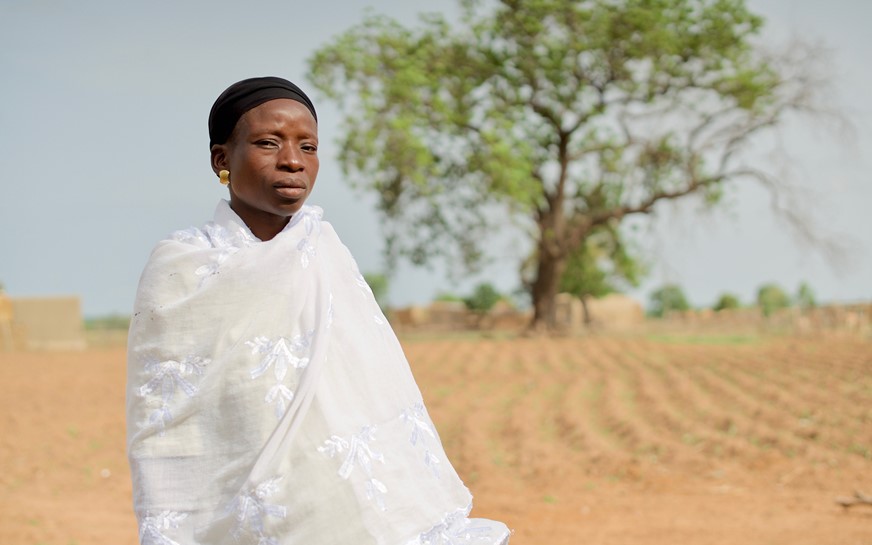
Across our projects, putting control into the hands of women like Elizabeth has helped our participants transform lives and land. But there is still more work to be done.
This year, Tree Aid’s spring appeal is set to scale-up planting of the Great Green Wall and help make this urgently needed vision a reality. This is our Great Green Goal.
You can join the women of the Great Green Wall and make this your Great Green Goal. Support Tree Aid to help more people like Elizabeth today.



